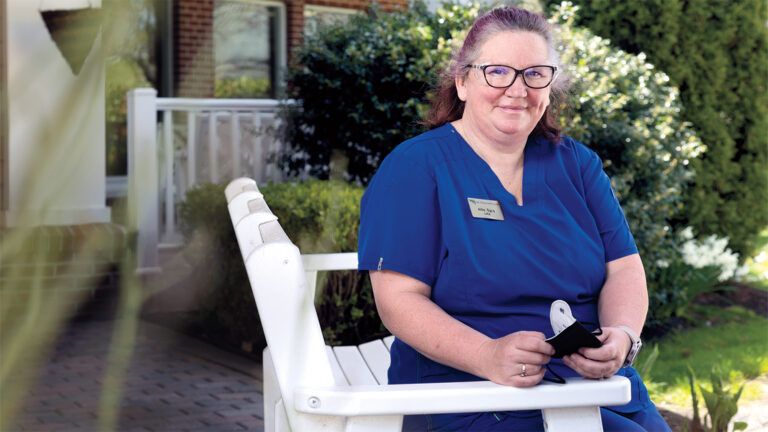This article is based on information provided by Home Instead Senior Care.
Caring for someone with Alzheimer’s disease can be very challenging for family members. While each family situation is different, there are a number of resources to help caregivers.
HomeInstead.com: Find out more about the Alzheimer’s and dementia services provided by the Home Instead Senior Care® network and locate an office in your area.
MissingSeniorNetwork.com: Gather information about your senior loved one and put together a list of contacts to alert should that person get lost. In the event that a senior goes missing, this free service enables you to alert your network of friends, family and businesses to be on the lookout.
HelpforAlzheimersFamilies.com: Free Alzheimer’s Disease or Other Dementias CARE: Changing Aging Through Research and Education® family training is conducted in a classroom setting and online to help family caregivers better understand Alzheimer’s disease and learn ways to help minimize the common behavioral symptoms associated with the disease.
Make Your Business Alzheimer’s Friendly: Get involved in educating local businesses about Alzheimer’s disease, utilizing simple coping strategies for dealing with common behavioral symptoms associated with the disease.
Remember for Alzheimer’s Facebook Page: This community of 270,000-plus family caregivers of people with Alzheimer’s disease offers connection and support.
Alz.org: The Alzheimer’s Association is the leading voluntary health organization in Alzheimer’s care, support and research. Its mission: eliminate Alzheimer’s disease through the advancement of research; provide and advance care and support to all who are affected by Alzheimer’s; and reduce the risk of dementia through the promotion of brain health.
MedicAlert® + Alzheimer’s Association Safe Return®: Check out this 24-hour, fee-based nationwide emergency response service for people who have Alzheimer’s disease or a related dementia, and who wander or have a medical emergency.
Alzheimer’s Association’s Alzheimer’s and Dementia Caregiver Center: Provides information and resources related to early-, middle- and late-stage caregiving.
“Confidence to Care” book and related free mobile app: Gain more knowledge about how to deal with the behavioral symptoms commonly associated with Alzheimer’s disease.
Alzheimers.gov: The government’s free resource on Alzheimer’s disease and related dementias features links to authoritative, up-to-date information from agencies and organizations that have expertise.
Area Agencies on Aging: AAAs around the country offer direct support to caregivers, primarily through the National Family Caregiver Support Program (Title III E of the Older Americans Act), established in 2000. Services include respite care (temporary supervision of the care recipient to provide rest for the caregiver, which is the most requested service); individual counseling and support groups; caregiver education classes/training; and emergency assistance. AAAs also play a crucial information and referral role, connecting families with local providers who can help them create a caregiving plan, address specific challenges, or identify support services. For more information, contact your local AAA or visit their website.





